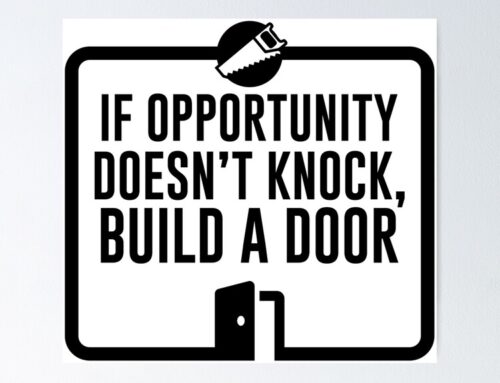 How to help retention in an ever-changing work environment –
How to help retention in an ever-changing work environment –
It has been a tough, messy couple of years, but people are emerging out of the turmoil with even bigger dreams than ever before. Perhaps no other single event in recent history has had a more profound impact on our working lives than what was first called the Great Resignation, and then the Great Reshuffle, but in truth… It’s both.
HR professionals all around the world know that this shift has resulted in a highly competitive job market that’s evolving in real time, as many workers pursue a new vision of what truly matters to them… leaving companies struggling to retain employees and attract new talent.
According to a recent study by QuestionPro Workforce and RADICL, the 4 key indicators that are impacting people’s fulfillment at their work and lives are:
- Only 47% of workers say they feel fulfilled with the life they’re living right now.
- Salary is still key for attracting talent, with 50% of workers ranking salary as the number one factor when choosing a work opportunity.
- Workers are ready for change: 73% of workers said the pandemic has given them courage to take actions on the changes they want to make in their lives.
- When asked about being fully aligned with a company’s values: A third of workers (33%) said that the company would have to pay up to, or over 20% more compared to the offer where their values are truly aligned, and 16% said that there is no price, they would need to be fully aligned with a company’s values before they accepted their job offer.
With these 4 key insights in mind, we’ve compiled a few tips and actionable steps for HR professionals, to help retention in their companies:
- Rethink your compensation strategies
In today’s work environment, employees have shifted their focus from salary compensation to a more holistic outlook that takes into account not only their financial needs, but also their career satisfaction & self-fulfillment, as well as their ability to improve their environment, and of course, their overall life plan.
During the hiring process, when the time comes to talk about salary expectations, you could also touch base on their life roadmap, which contributions they would like to make to the world, and even more, finding out their ultimate goal as a worker. These kinds of questions, and following up during their employment, could help them develop a purpose, more than just receiving a paycheck.
Additionally, modern organizations go beyond money and put together incentive packages, bonuses and additional compensation in form of work from home stipends, meal plans, surprise trips (especially now that travel is coming back), paid volunteer work and scholarships or grants to advance their career, and put knowledge at the service your goals; all that, in turn, creates a positive culture within the organization that will make them think twice before leaving for a seemingly better offer.
- Ask for more feedback and get to know your employees better
The more you get to know your employees, the easier it will be to retain them inside your company. If your communication is both effective and efficient, having an ongoing communication channel with your employees will not be a chore; instead, it’ll give them an opportunity to express themselves and see that their opinion is valued—and if you’re asking the right questions, you’ll find the insight truly invaluable.
With time, as you start making decisions based on solid data gathered from your own employee surveys, you’ll find yourself never making a decision you’re really nervous about, doubting whether it will work, and your culture and retention will be improved because of that very fact.
Sometimes, however, no matter how great the culture in your organization is, some people will eventually leave. When an employee voluntarily leaves, completing an exit survey is a vital part of the process. As with any feedback you’re reviewing, you want to note any trends from the survey before jumping into areas of improvement. Once you have a better understanding of why your employees are leaving, and how those who stay feel, you can choose an area of focus and make data-informed decisions to have the greatest chance of retaining your best talent.
- Keep an open mind regarding flexibility
It’s important for companies to rethink how they see the post-pandemic work/life balance before employees look elsewhere to find an organization that suits their needs. The easiest way to find out what your employees actually need is to… you guessed it: ask them!
Make them part of the conversation; gather insights through employee engagement surveys, organize virtual Town Halls, AMAs (ask me anything) conferences, breakout rooms and one-on-ones, create a culture of openness and transparency in which they feel both empowered to make their own choices, and capable of speaking freely.
- Create Pathways for Growth
Career progression is key in today’s corporate world, where career detours are becoming more of the norm rather than the exception. If your employees can’t find opportunities for their future in your company, they will look for one elsewhere. And believe us, where they’re looking, they’re hiring!
Retention interviews are becoming the norm in a post-covid environment. But if you’re not ready to take that step yet, it’s important to be asking —in private or anonymously— what it would take for your workers to stay in a given position at a certain point in time.
When you start putting the overall data together, a bigger picture of the current status of your people will start to appear, and you’ll have data points to improve your retainability with concrete actions.
Article by Question Pro

206-391-5682
i2i@i2idirectmarketing.com
www.i2idirectmarketing.com
“…all deliveries GPS tracked…”




